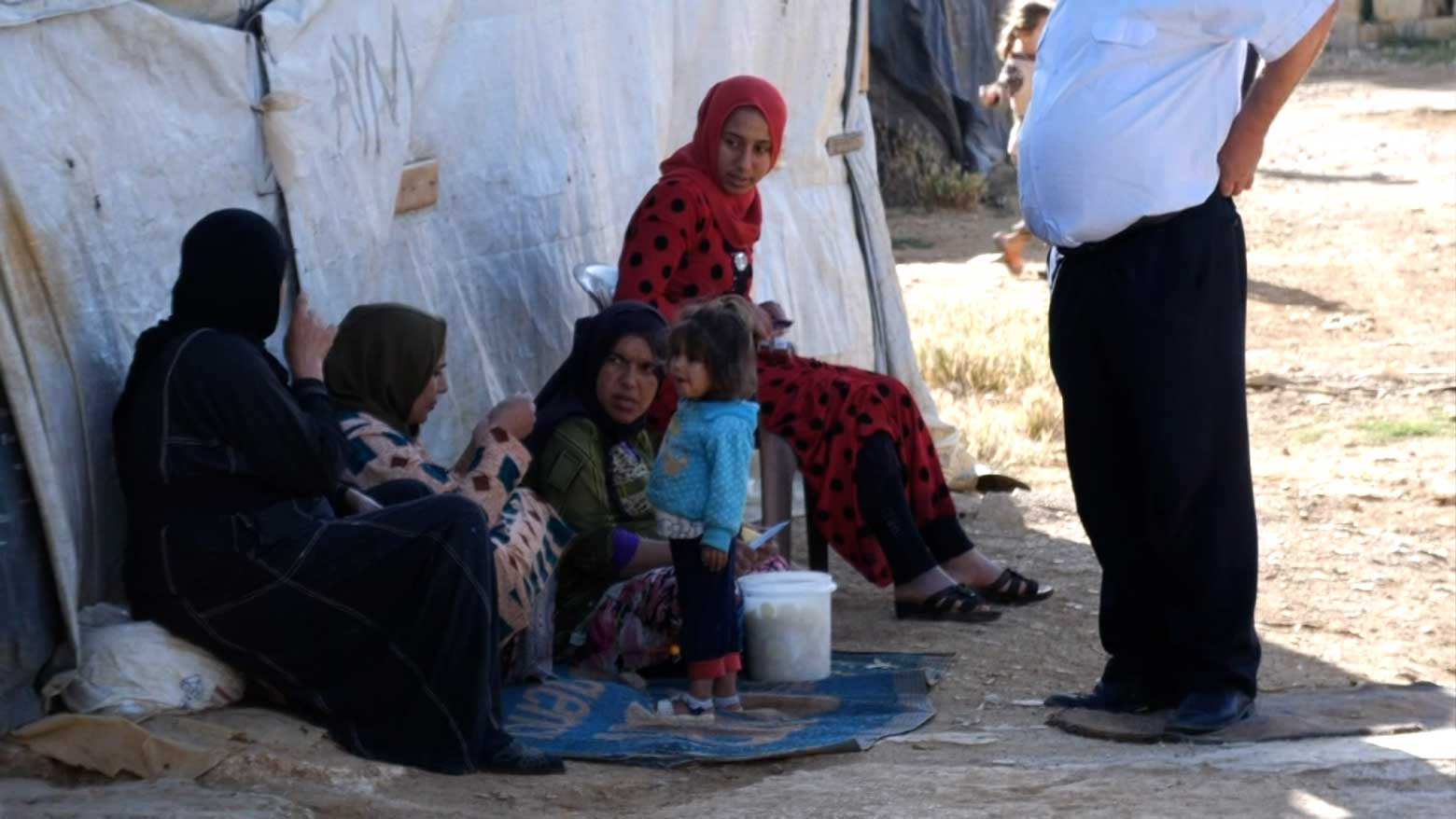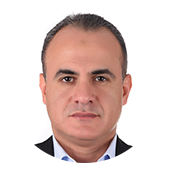Anger at refugees
Suleiman Hassan has been living in Lebanon for nine years. He arrived after fleeing the conflict back home and managed to carve out a life for himself, building a house from scratch and finding consistent work as a farmer. But like much of the country, he has been struggling since the outbreak of COVID-19. As the Lebanese economy took a dive, he found it hard to make ends meet. “We sometimes go days without eating,” he says.
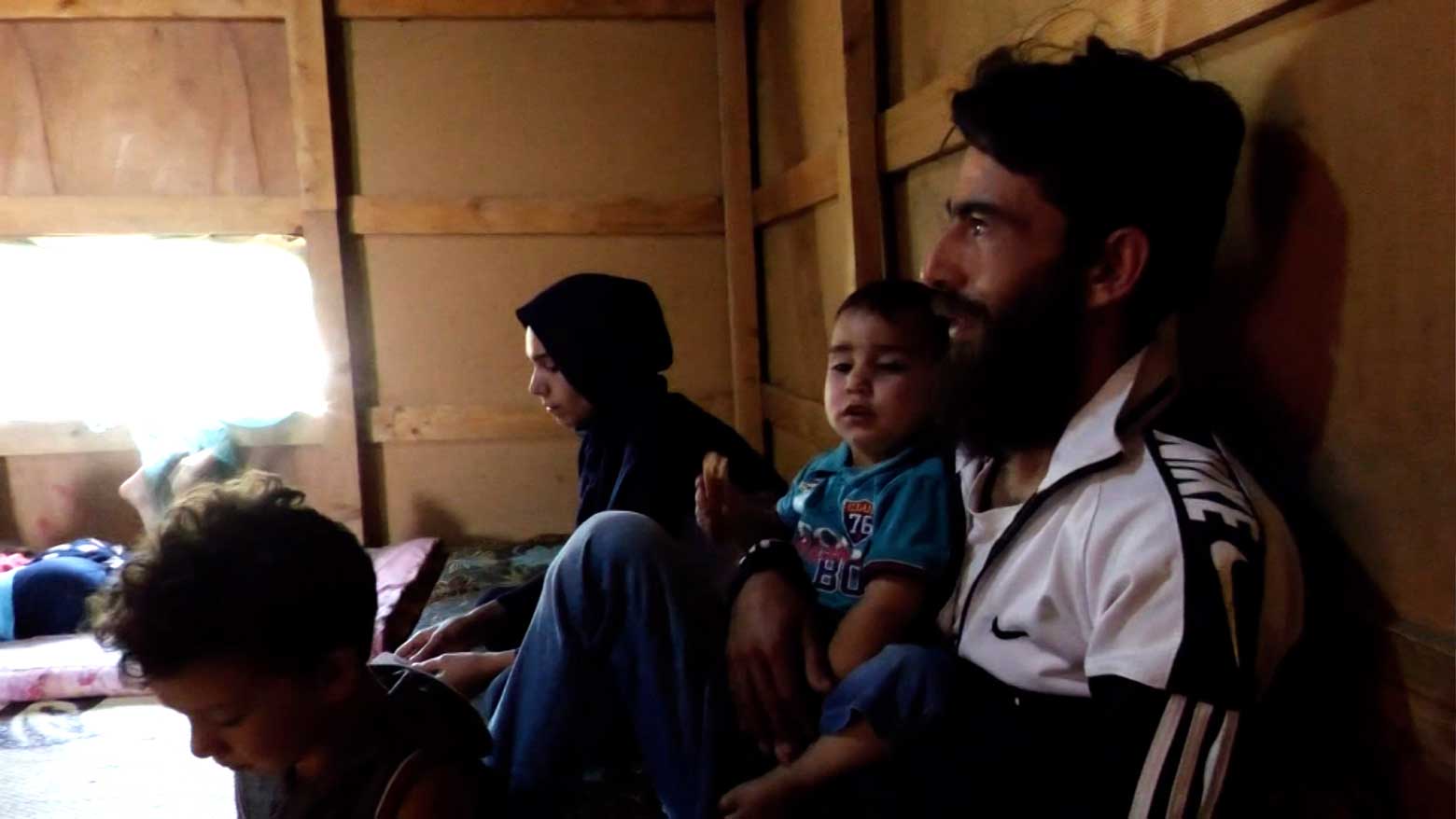
Deepening economic crisis
Lebanon has been grappling with a financial crisis for the past two years. Ballooning government debt and lack of foreign currency reserve has plunged the country into a depression. The Lebanese pound has lost 90 percent of its value in about 2 years. There are frequent gasoline shortages, the population living in poverty has tripled, and public protests against the government are now a common sight.
But much of the public ire has also been directed at the Syrian refugee population. Many local residents believe refugees are taking their jobs by working for lower wages, topped up by financial aid from the United Nations.
Things went from bad to worse for Hassan in May when the authorities in his village issued a decree lowering the wages of Syrian workers. Their earnings were now capped at the equivalent of $1.6 a day for men and $1 for women. The officials also banned Syrians from traveling to neighboring areas to find other work.
Melhem Ghassan, the head of the village, says he had no choice.
“I had to protect Lebanese farmers,” he says. “They have it harder right now. The Syrian refugees don’t have to pay water or electricity fees.”
For Elias Misaed, the measure has provided welcome relief from the effects of the pandemic. He runs a grape farm and usually exports his products to countries across the Gulf region. But sales dropped precipitously as borders started closing due to the pandemic. To make things worse, the prices of agricultural chemicals and fertilizers have shot up nearly tenfold. He has gone deep into debt, but says the savings on labor costs from the wage decree will allow him to keep the farm open.
“I’ve never faced a situation like this one,” he says. “I would have to sell my farm if this continues. The mayor's decision was the correct one.”
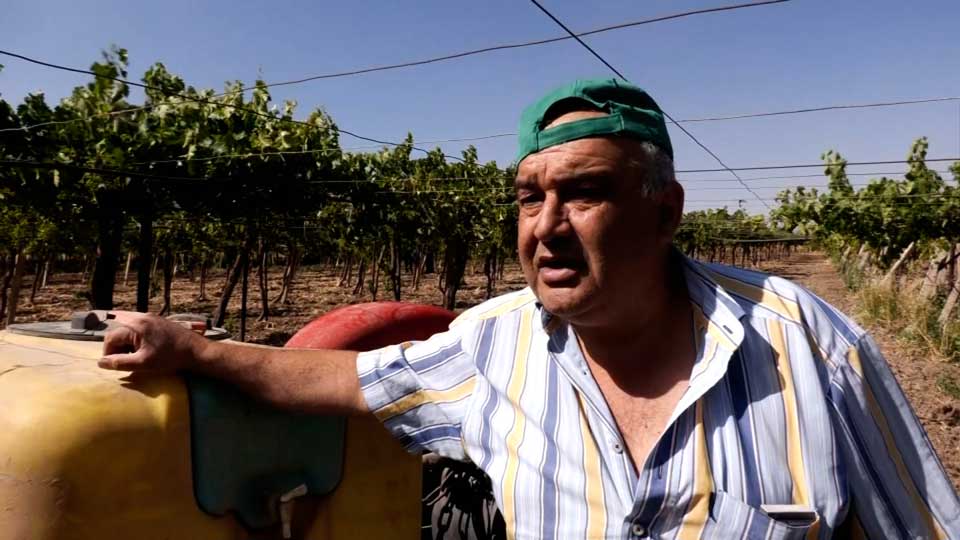
Plight of refugees
For the Syrian refugees, though, the measure could be the difference between life and death. Hassan has seen his daily earnings drop by 20 percent and was forced to give up on plans to send his daughters to school. He believes the convulsions his wife has been suffering from were triggered by the stress of their precarious finances, and he cannot afford to buy her medicine. He receives some aid from the UN and international nonprofit groups, but says it is not nearly enough for a family of six.
“We live in their country so we have no choice but to follow their rules,” Hassan says. “But my children are crying because they have no idea why they have no food. I have to find a way to earn more and feed them.”
Responsibility of government
Filippo Grandi, the UN High Commissioner for Refugees, says the international community must do more to support not only the refugees but also the Lebanese government.
“We estimate that almost 90 percent of the Syrian refugees in Lebanon are now living below the poverty line,” he says. “But unfortunately, 25 percent of the Lebanese population has also passed this very tragic threshold. So you can understand how important it is to help both refugees and the Lebanese community until they can come out of this crisis, and until the refugees can go back to their country voluntarily and in safety.”
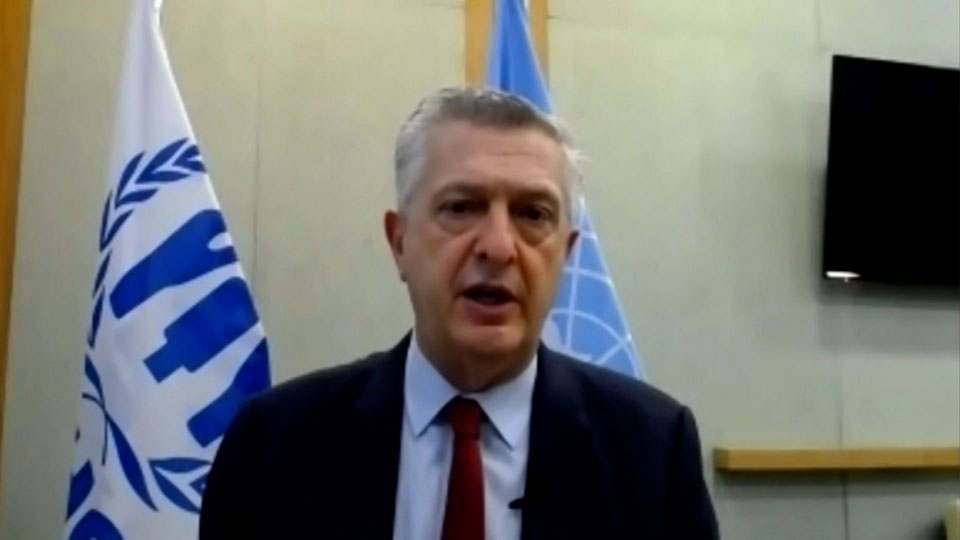
Grandi argues that the socioeconomic effects of the pandemic may prove even more complicated to address than those related to health.
“People on the move, forced to be on the move, depend on the type of economy that during lockdowns is not there anymore,” he says. “Precarious jobs, daily wages. And that has meant a steep rise in poverty.”
Although the pandemic disrupted cross-border movement last year, the number of forcibly displaced people worldwide still reached a record high of 82.4 million.
